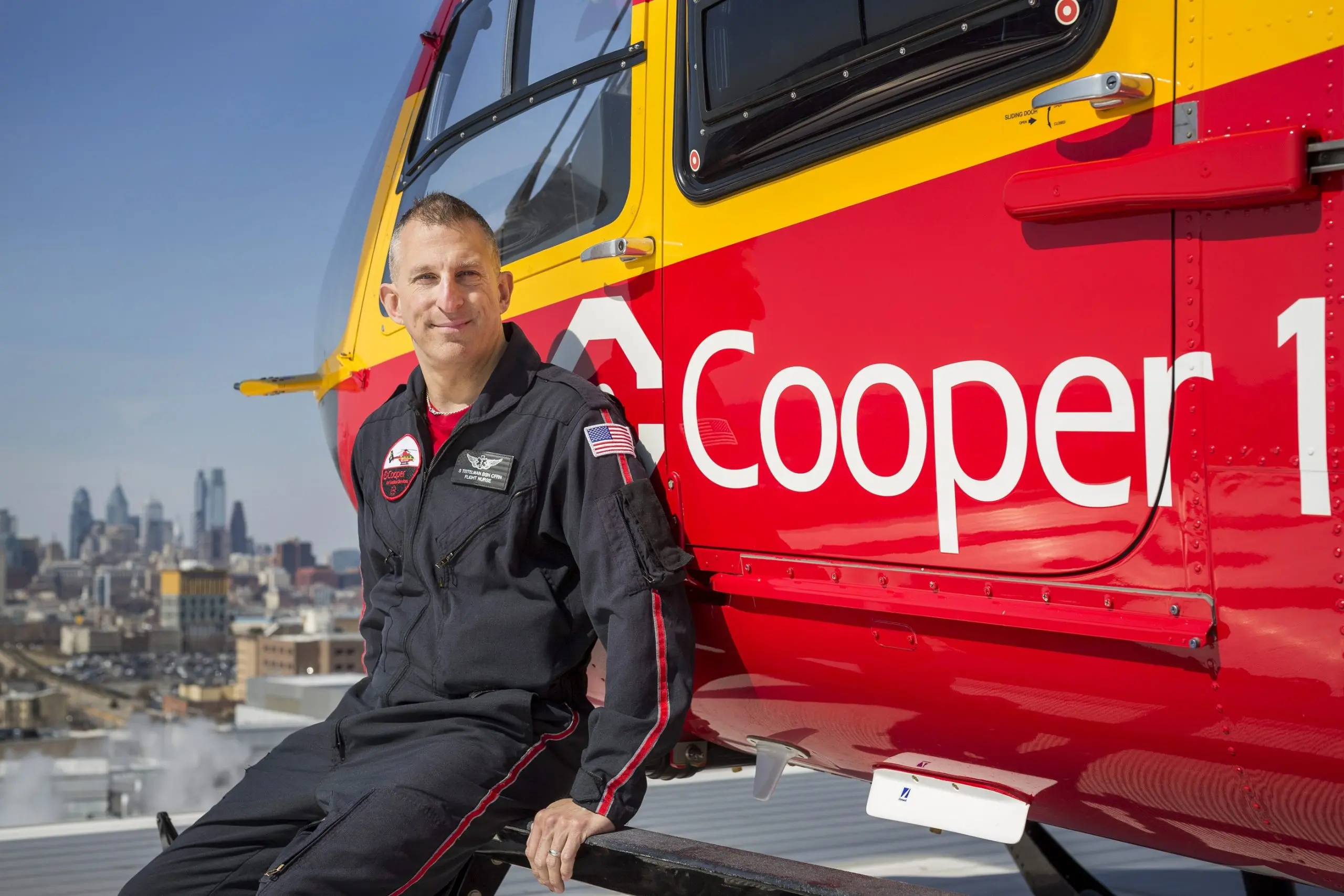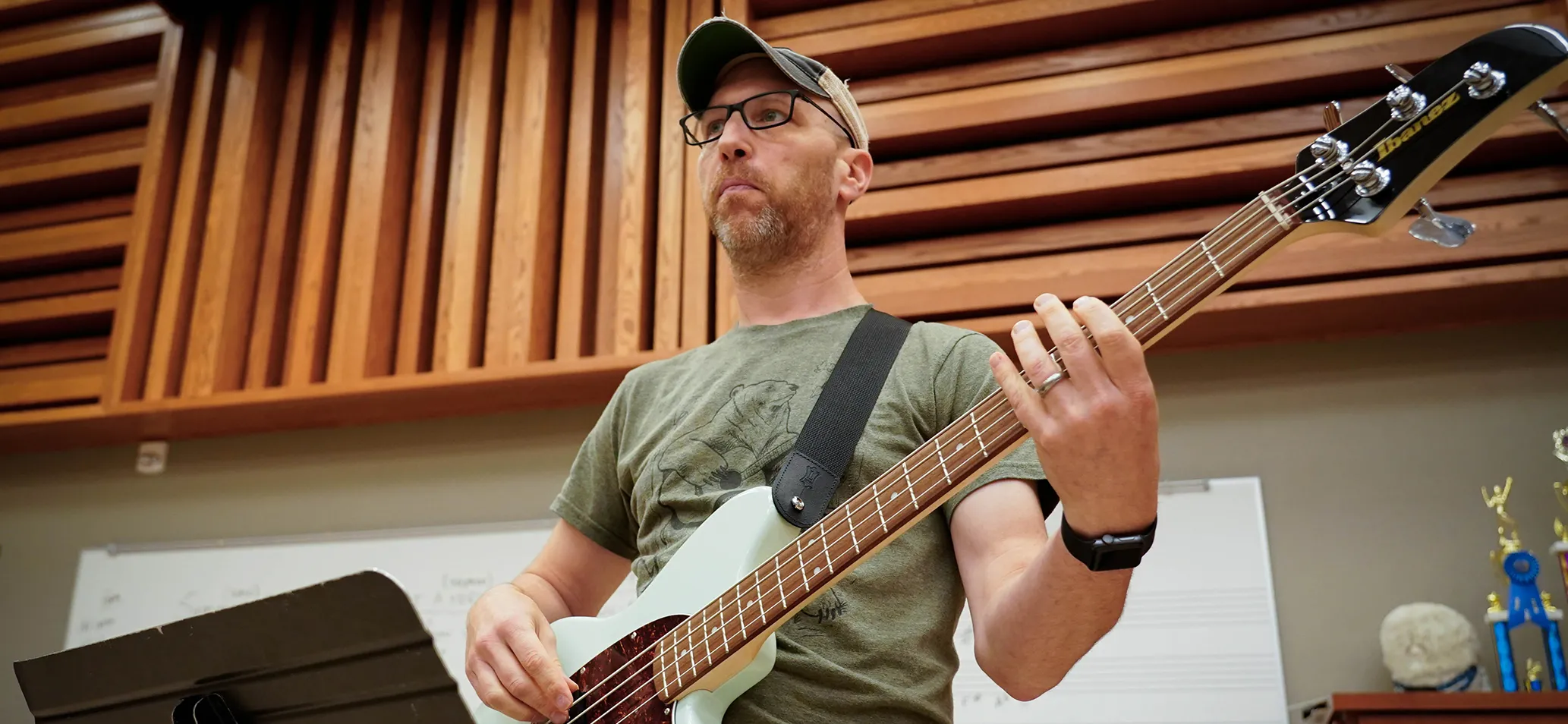
LVC News
- Accounting
- Accounting/MBA 3+1
- Actuarial Science
- Allwein Scholars
- Alumni Profiles
- Applied Kinesiology
- Athletic Training
- Athletics
- Audio Music Production
- Awards
- Biochemistry & Molecular Biology
- Biology
- Breen Center
- Business Administration
- Campus
- Chemistry
- Clinical Exercise Physiology
- Clinical Mental Health Counseling
- Community Service
- Computer Science
- Creative Arts
- Creative Writing
- Criminal Justice
- Cyber Defense and Homeland Security
- Data Science
- Digital Communications
- Economics
- Education
- Engineering
- English
- Environmental Science
- Esports
- Exercise Science
- Faculty Profiles
- Gallery
- German
- Giving
- Graduate Studies
- History
- Honors
- Intelligence and Security Studies
- Interaction Design
- International Business and Policy
- LVEP
- Marketing
- Mathematics
- MBA
- Medical Humanities
- Medical Laboratory Science
- Music
- Music Business
- Music Education
- Neuroscience
- Nursing
- Physical Therapy
- Physics
- Political Science
- Pre-Law
- Pre-Medical Professions
- Psychology
- Self-Designed
- Social Justice and Civic Engagement
- Sociology
- Spanish
- Speech-Language Pathology
- Sport Performance
- STEM Education
- Student Profiles
- Study Abroad
- Sustainability
- Transfer
- Undecided/Exploratory
LVC Alum Fights COVID-19 as Flight Nurse

Stephen A. Teitelman, B.S., B.S.N., R.N., ’92, flight nurse coordinator for Cooper University Health Care in Camden, N.J., is involved with COVID-19 patients for shorter periods than others in the field, but it’s equally as intensive.
“As a flight nurse, I have briefer interactions with COVID-19 patients than my in-hospital colleagues face daily,” said Teitelman. However, these interactions can take a toll. In debriefing after particularly rough situations, “We try to stress self-care first and foremost.” Nurses are required to wear uncomfortable PPE eight to 12 hours each day, often while witnessing horrible realities that instantly change peoples’ lives. The mental and physical stressors associated with caring for this population of patients are intense and allowing time to de-stress is vital to survival.
“It is sometimes part of the job to have tough conversations with family members regarding the care choices they have to make when relatives are critically ill,” added Teitelman who was named Nurse of the Year at Cooper University Health Care this year. “Having to use FaceTime for family members to say goodbye to their loved ones sometimes for the last time due to visitor restrictions is one of the saddest and harshest realities of this pandemic; thankfully one I have not had to experience personally.”
The COVID-19 crisis has affected Teitelman and his colleagues in various other ways, as well.
“Wearing PPE, though generally not for such extended periods, is not a new process for us. However, the sheer volume of patients, logistics of contamination and decontamination, and acuity of patients in one shift is not normal and requires an exhausting level of focus. At the end of a shift, many of us are exhausted beyond anything we’ve previously experienced.”
“Things have become better,” said Teitelman. “However, the healthcare community’s losses due to a lack of supplies are inexcusable and unconscionable. While my organization’s supplies were adequate, the country should never have lost any healthcare providers because there were insufficient N95 masks.”
Teitelman also has witnessed victories.
“It is incredibly gratifying to see patients who were critically ill ‘at death’s door’ walking and talking, exiting the hospital. There’s also been an increased appreciation from the lay public for what other nurses and I do. There have been many signs, banners, and personal ‘thankyou’s’ from community members.
“It brings back memories of when I responded to New York City a few days after 9/11,” said Teitelman. “As we approached the city, the streets were lined with people clapping and cheering for first responders. Through the COVID-19 pandemic, I’ve experienced similar feelings when observing the public support that has arisen from this unprecedented time in our lives.”




